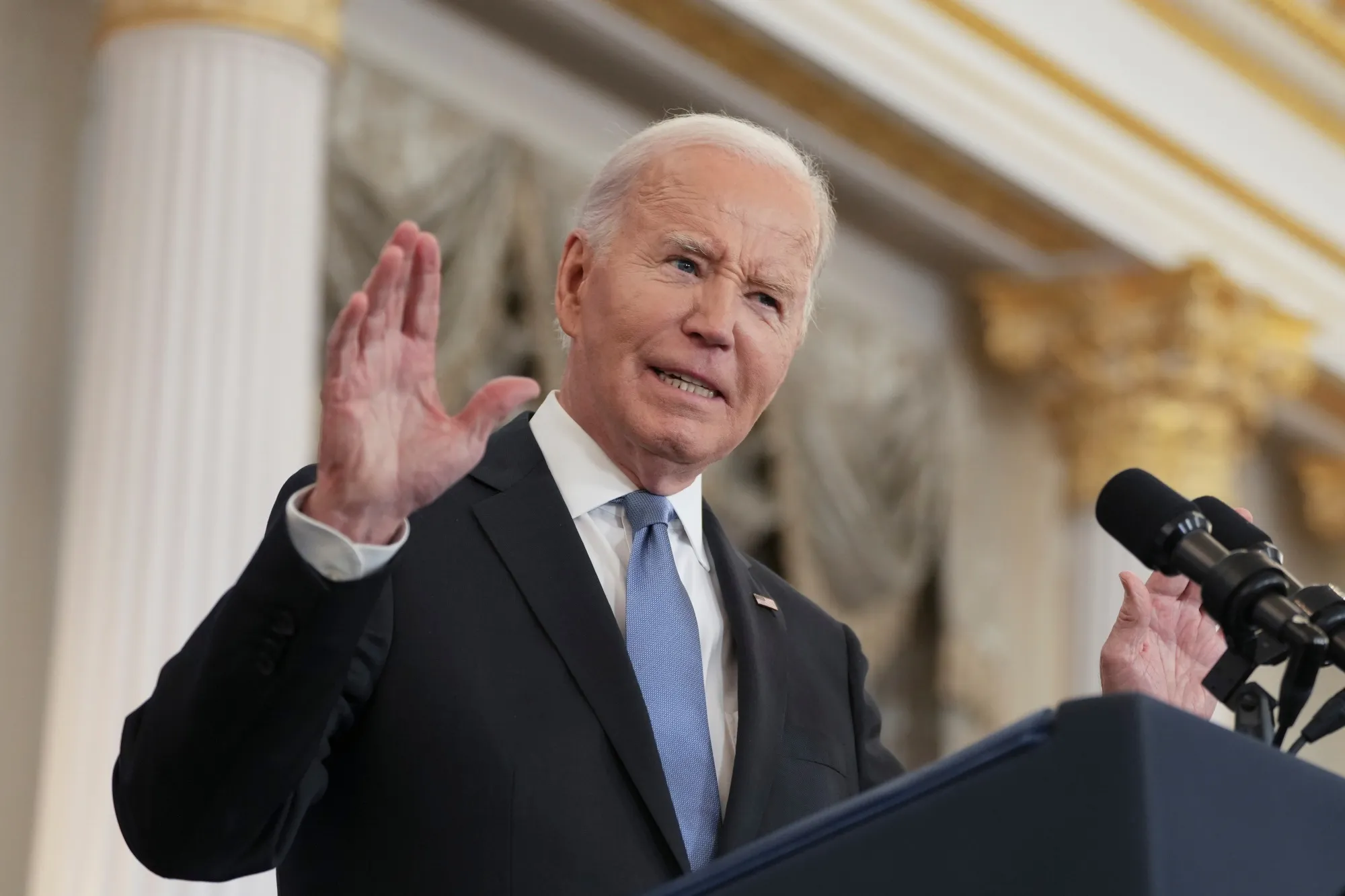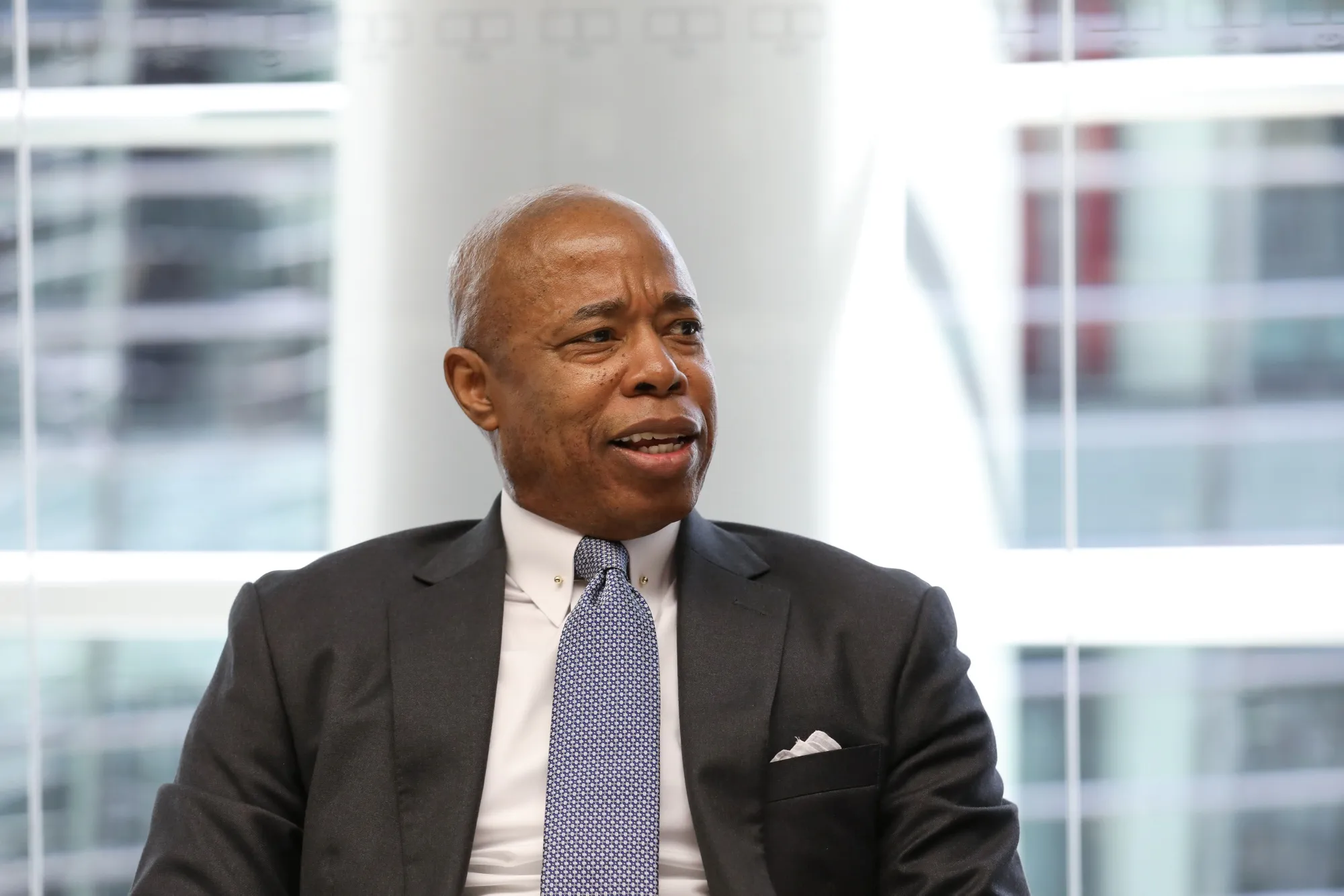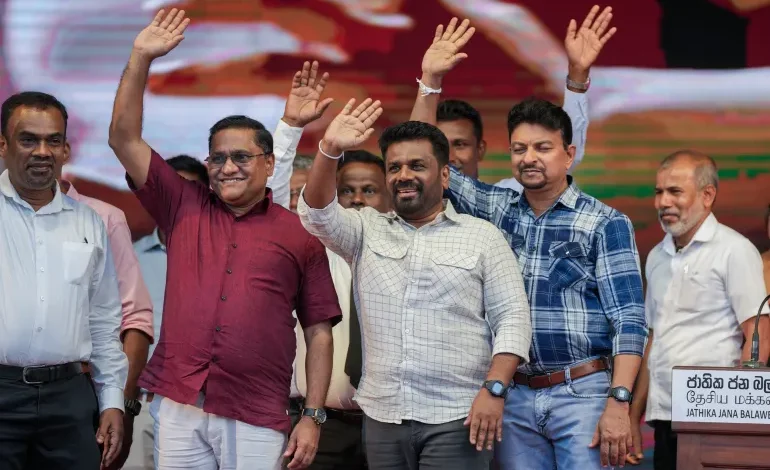Anura Kumara Dissanayake’s leftist National People’s Power (NPP) coalition has secured a resounding victory in Sri Lanka’s snap parliamentary elections, winning a commanding majority in the 225-member parliament, Al Jazeera reports.
With most ballots counted, the NPP secured an estimated 62 percent of the vote and some 141 seats, a dramatic shift from its previous three-seat representation.
The victory delivers a powerful mandate to Dissanayake, who won the presidential election in September on a platform opposing the austerity measures imposed under the previous government. His opponent, Sajith Premadasa of the Samagi Jana Balawegaya (SJB), secured a significantly smaller share of the vote and 35 seats. The Ilankai Tamil Arasu Kachchi (representing the Tamil minority) won seven seats, while the New Democratic Front and Sri Lanka Podujana Peramuna secured three and two seats respectively.
Voter turnout was some 65 percent, lower than the nearly 80 percent recorded in the September presidential election. The lower turnout might reflect a lessening of the intense political engagement that characterized the previous election cycle.
Dissanayake, leader of the Janatha Vimukthi Peramuna (JVP), called the snap elections after his coalition’s limited representation in the outgoing parliament hampered his ability to implement his agenda. He had confidently predicted a “strong majority” prior to the vote. His JVP, which spearheaded an armed revolt in the 1970s and 1980s, now finds itself at the helm of the nation.
Dissanayake’s platform focuses on combating corruption and finding alternative financial solutions that lessen the burden on Sri Lanka’s impoverished population. While initially critical of the International Monetary Fund (IMF) bailout agreement, he has since expressed general agreement with its objectives, emphasizing the need to protect vulnerable citizens.
Sri Lanka’s economy has been ravaged by its worst economic crisis since independence in 1948, a confluence of factors including economic mismanagement, the COVID-19 pandemic, and the 2019 Easter bombings. The crisis led to the resignation of former President Gotabaya Rajapaksa in 2022 amidst widespread protests. His successor, Ranil Wickremesinghe, implemented unpopular austerity measures as part of an IMF bailout, paving the way for Dissanayake’s electoral triumph.









